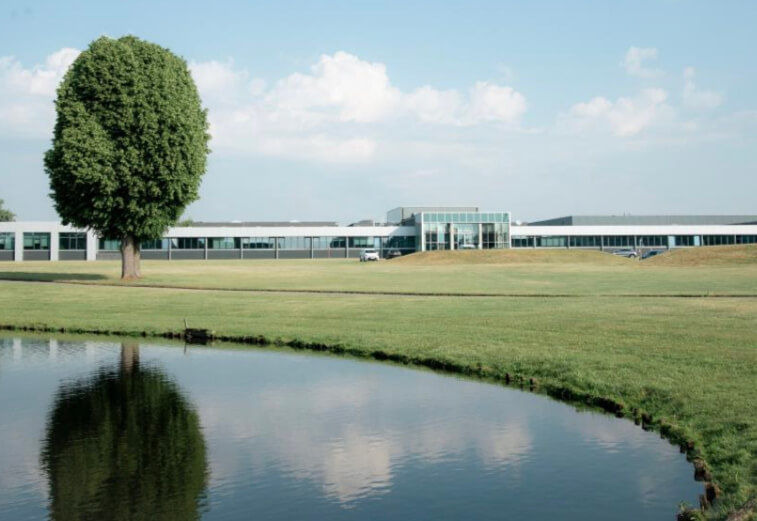NEWS RELEASE

BekaertDeslee has released its Sustainability Report 2022, which highlights the company’s dedication to resource efficiency, waste reduction, and the development of sustainable products and technologies. The company aims to replace the traditional “take, make and dispose” approach with a circular model.
The global demand for resources continues to rise, while non-renewable resources are becoming increasingly scarce, according to company officials. In response, BekaertDeslee recognizes the urgent need to transition from linear business models to circular ones.
“Traditionally, most BekaertDeslee products were designed for a linear economy, making it challenging for them to be reused or recycled,” said Demet Tunc, executive vice president and chief marketing officer of the Waregem, Belgium-based company. “To drive sustainability and circularity, we have embarked on a transformative journey to rethink our designs, materials choices and recycling capabilities.”
BekaertDeslee has identified several key objectives to achieve its circular economy goals:
Decrease petrochemical input materials
Recognizing the finite nature of fossil-based materials and their contribution to climate change, BekaertDeslee is committed to reducing its reliance on virgin fossil-based inputs, company officials say. The company has introduced innovative products such as Tencel Carbon-Zero and Tencel x Refibra, which combine renewable yarns with recycled materials, resulting in carbon-neutral and sustainable solutions. Additionally, BekaertDeslee recycles its own post-production waste to create recycled textile yarns and needle-felt fabrics.
Increase renewable feedstock
BekaertDeslee understands the importance of responsibly sourced renewables in tackling climate and resource challenges, according to a news release. The company has taken a significant step toward reducing dependence on fossil feedstock by introducing a 30% bio-based FR material, paving the way for further sustainable FR innovations.
Increase the use of renewable energy
Recognizing the role of energy consumption in its production processes, BekaertDeslee is actively exploring opportunities to increase the share of renewable energy sources, reducing its carbon footprint and contributing to a more sustainable future.
Phase out substances of concern and avoid microfiber release
BekaertDeslee is committed to substituting harmful chemical compounds with safer alternatives, according to company officials. The company has developed a fluor-free finish that replaces PFOS class chemicals, ensuring water repellency while minimizing harm to the environment.
Increase reuse and durability of materials
To extend the lifespan of its products and reduce the need for new materials, BekaertDeslee has introduced innovative features such as interchangeable covers and Purotex+, which enhance hygienic properties and product longevity.
Radically improve recycling
Recognizing that effective recycling plays a vital role in reducing the demand for new materials, BekaertDeslee has embraced several recycling technologies. Mono-material products, such as the 1250PES Taslan and zipperless covers, promote recyclability, while the Resortecs Smart Stitch enables easy disassembly of complex products, further enhancing recyclability.
Anaerobic digestion & composting
BekaertDeslee acknowledges the importance of biodegradable materials and their potential for energy generation through anaerobic digestion or nutrient return through composting.
Responsible end-of-life management
BekaertDeslee is committed to implementing responsible management strategies for non biodegradable materials, aiming to derive energy from their treatment.
“As part of our commitment to circularity, we have been exploring various strategies to enhance our circular potential,” Tunc said. “We are actively collaborating with industry partners and building an external network to gather knowledge and accelerate our progress. We are confident that our investments in circular design, recycling technologies and digital product passports will pave the way for a more sustainable future.”
While BekaertDeslee has made significant strides, the company acknowledges the need for further improvement. In 2022, 18% of the materials used in its products were renewable, highlighting progress but also the challenges of sourcing renewable materials at scale. To facilitate recycling, the company has implemented material tracking systems but is still working toward reclaiming its materials effectively.
Looking ahead, BekaertDeslee sees digital product passports as a key enabler for a more circular economic model. The company aims to establish partnerships with specialists to process its waste into recycled materials. Furthermore, internal recycling feasibility studies are underway to maximize resource utilization within its operations.




